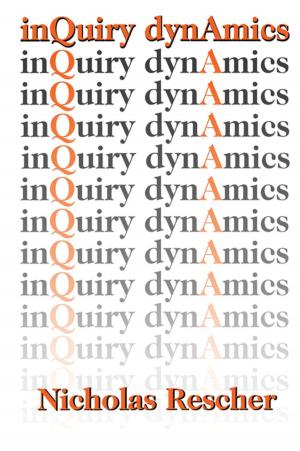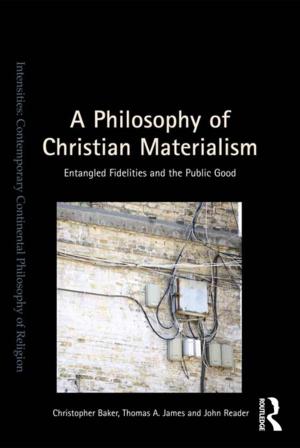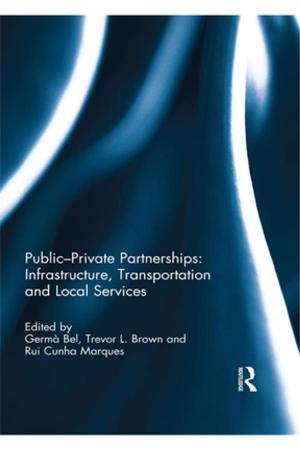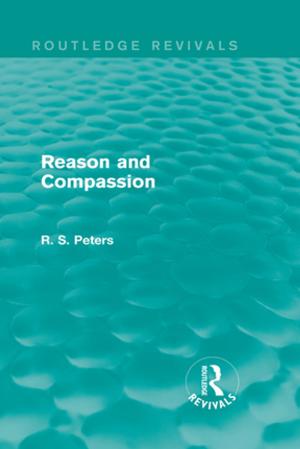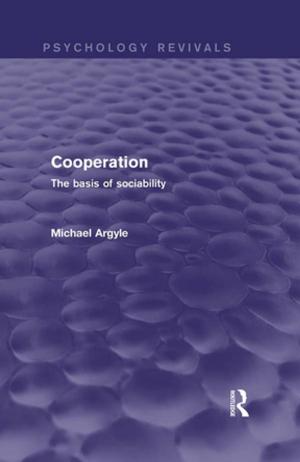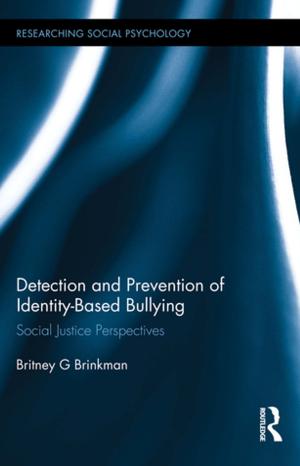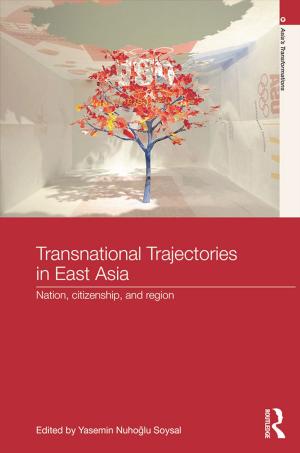| Author: | Nadège Sheehan | ISBN: | 9781136707001 |
| Publisher: | Taylor and Francis | Publication: | July 25, 2011 |
| Imprint: | Routledge | Language: | English |
| Author: | Nadège Sheehan |
| ISBN: | 9781136707001 |
| Publisher: | Taylor and Francis |
| Publication: | July 25, 2011 |
| Imprint: | Routledge |
| Language: | English |
Peacekeeping is a security concept that is very representative of the current interventionism, multilateralism, human rights, and humanitarian ideas. UN peacekeeping plays an important role in international security and includes various activities that go beyond the original roles assigned to UN armed forces (e.g. humanitarian aid, election supervision, disarmament, mine clearance, civilian protection, and peacebuilding). The problem is to define the economic efficiency of these operations and to develop some recommendations in the context of an economic globalization process.
Although UN peacekeeping has shortcomings, it must be considered essential for organizing and defending the world politico-economic order. UN peacekeeping is a political activity, but its production strongly depends on nations’ economic considerations. Governments make political decisions that also take into account the economic gains they expect to obtain from their contribution to any specific mission. With low means and inadequate strategies to meet the challenges, UN peacekeeping must pay particular attention to resolving the problems of free riding and of prisoner’s dilemma in contributions that delay deployments and create significant financial problems. Understanding how peacekeeping can be most cost-effectively carried out, while considering the importance of legitimacy in interventions, is essential.
This book believes that regional organizations can ease the UN’s financial responsibility by managing conflicts in their regions. But, to be most effective, they must involve the UN in their interventions. This book also emphasizes UN peacekeeping trust funds as the key to better financial effectiveness. It strongly recommends that NATO be empowered by the UN with the role of global peace police, and proposes the establishment of a UN high-ranking team of international specialists in peacekeeping issues. This research should be of interest to students and researchers looking at international and political economics, as well as international relations, defence, security and peace studies.
Peacekeeping is a security concept that is very representative of the current interventionism, multilateralism, human rights, and humanitarian ideas. UN peacekeeping plays an important role in international security and includes various activities that go beyond the original roles assigned to UN armed forces (e.g. humanitarian aid, election supervision, disarmament, mine clearance, civilian protection, and peacebuilding). The problem is to define the economic efficiency of these operations and to develop some recommendations in the context of an economic globalization process.
Although UN peacekeeping has shortcomings, it must be considered essential for organizing and defending the world politico-economic order. UN peacekeeping is a political activity, but its production strongly depends on nations’ economic considerations. Governments make political decisions that also take into account the economic gains they expect to obtain from their contribution to any specific mission. With low means and inadequate strategies to meet the challenges, UN peacekeeping must pay particular attention to resolving the problems of free riding and of prisoner’s dilemma in contributions that delay deployments and create significant financial problems. Understanding how peacekeeping can be most cost-effectively carried out, while considering the importance of legitimacy in interventions, is essential.
This book believes that regional organizations can ease the UN’s financial responsibility by managing conflicts in their regions. But, to be most effective, they must involve the UN in their interventions. This book also emphasizes UN peacekeeping trust funds as the key to better financial effectiveness. It strongly recommends that NATO be empowered by the UN with the role of global peace police, and proposes the establishment of a UN high-ranking team of international specialists in peacekeeping issues. This research should be of interest to students and researchers looking at international and political economics, as well as international relations, defence, security and peace studies.

